Keywords: South Africa
There are more than 200 results, only the first 200 are displayed here.
-
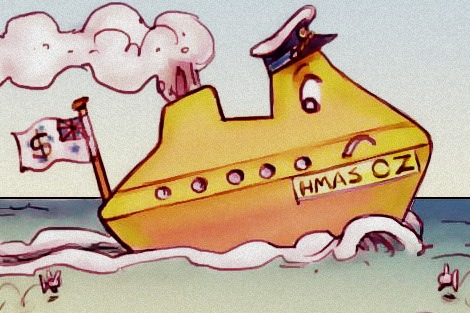
AUSTRALIA
If Australia knows who its enemies are, presumably these putative enemies have a fairly good idea who they are as well. How are they likely to respond to a purchase of submarines? By initiating military countermeasures? By exacting trade sanctions? By diplomatic reprisals? These questions are vital, not just for military planners but also for anyone who is likely to be affected by Australian foreign policy as well as those who want to know more generally how their tax dollars are to be spent.
READ MORE 
-
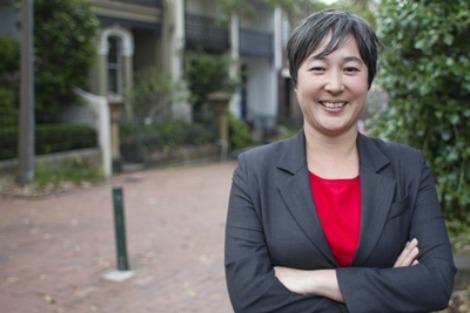
AUSTRALIA
- Justin Glyn
- 20 April 2016
9 Comments
Last week, a member of Parliament, Jenny Leong, allegedly faced racist and sexist abuse by police from at least four separate commands. This abuse was linked to her opposition (in accordance with her party's stated policy) to the use of drug sniffer dogs without a search warrant. Whether or not one agrees with Green party policy in this regard, the treatment of Leong ought to rankle. Such ill-treatment at the hands of the executive is, unfortunately, not an isolated phenomenon.
READ MORE 
-
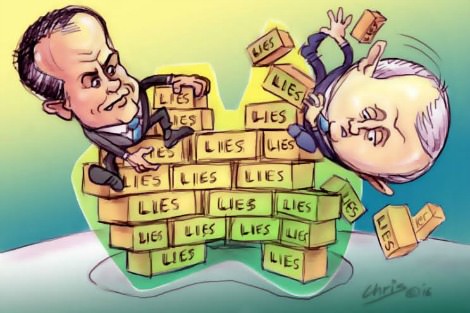
AUSTRALIA
- Justin Glyn
- 11 April 2016
10 Comments
We got a lesson in the art of language from the Minister of Immigration, Peter Dutton, whose redefinition of the word 'detention' was reminiscent of Humpty Dumpty's remark in Alice Through the Looking Glass: 'When I use a word it means just what I choose it to mean, neither more nor less.' We are social creatures who make real decisions based on the representations of others. Once we know we cannot expect the truth from each other, especially those who govern, society can no longer function.
READ MORE 
-
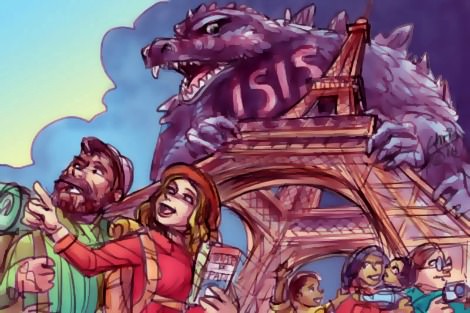
INTERNATIONAL
- Catherine Marshall
- 04 April 2016
2 Comments
When suicide bombers struck Brussels, I was travelling far from home, in southern Italy. The news evoked in me a sense of vulnerability, for within days I would board a series of flights from Reggio Calabria to Rome to Abu Dhabi and then Sydney. For a moment, it seemed the terrorists had achieved what they set out to do: spread fear and distrust far beyond the site of their attacks, across countries and continents and oceans so that eventually the whole world would be infected.
READ MORE 
-
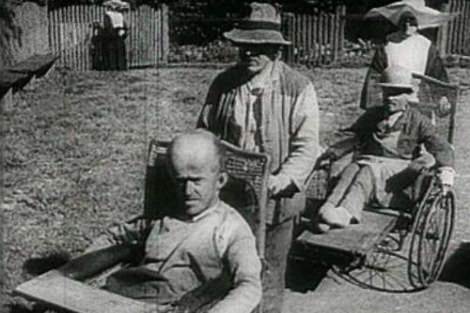
AUSTRALIA
- Justin Glyn
- 29 March 2016
9 Comments
People with disabilities have lived on society's margins since biblical times. In 1939, extending eugenics and sterilisation campaigns developed in the US in the early 20th century, Hitler authorised the vernichtung lebensunwerten Lebens ('the destruction of lives unworthy of life'). Unfortunately, not only has discrimination not been eradicated but those of us with disabilities, much like indigenous people, the poor, refugees and others with limited voice in society, continue to be seen as soft touches.
READ MORE 
-
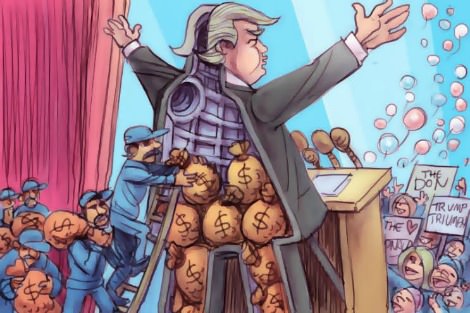
AUSTRALIA
- Justin Glyn
- 15 March 2016
6 Comments
The standard explanation for the rise of 'outsider' figures like Donald Drumpf in the US and Clive Palmer in Australia is that there is disillusion in democratic countries with 'politics as usual'. Neal Gabler has blamed the media for turning politics into celebrity theatre. While he has pinpointed the symptom, I suggest that he has it exactly the wrong way around. It is because politics has already been hollowed out to be a slanging match of personalities rather than ideas that vacuous celebrities can flourish.
READ MORE 
-
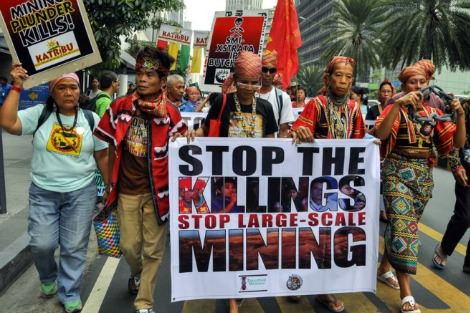
AUSTRALIA
- Fatima Measham
- 07 March 2016
3 Comments
In 2012, a pregnant woman and two of her children were killed in their own home in Tampakan, on the southern Philippine island of Mindanao. Tampakan is the site of a new mine with Australian interests. The woman was the wife of a B'laan tribal leader agitating against the mine. Over recent years indigenous peoples of Mindanao been harassed, displaced and killed by militias, some allegedly with the imprimatur of the Philippine army. Much of this has passed without notice in Australia.
READ MORE 
-
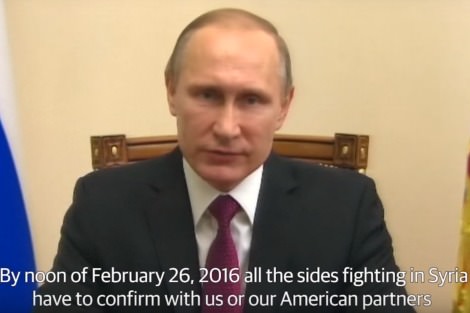
INTERNATIONAL
- Justin Glyn
- 25 February 2016
4 Comments
There is cause for both optimism and scepticism in the news that the US and Russia have agreed a ceasefire in Syria. On the face of it, one of the world's bloodiest civil wars is about to come to an end; an end to be guaranteed by the two biggest, best armed militaries on the planet. This should be excellent news for everybody, not least the long suffering civilian population of one of the most bombed countries on earth. So what could possibly go wrong? Well, quite a lot.
READ MORE 
-
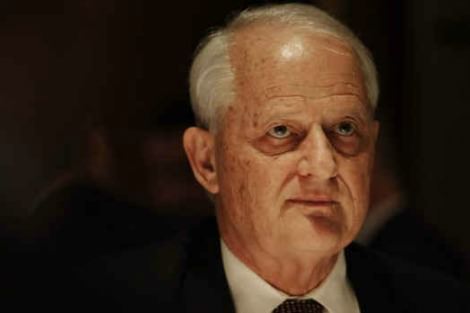
AUSTRALIA
- Justin Glyn
- 15 February 2016
7 Comments
If Phillip Ruddock's appointment as Australia's first special envoy to the United Nations on Human Rights is about demonstrating the worthlessness of current international human rights protection structures (and the consequent hollowness of their criticisms of Australia), it is a rather short sighted one. Appointing a person with a weak record of upholding human rights in the area where Australia itself is weakest sends the unmistakable signal that Australia is no longer committed to the human rights project.
READ MORE 
-
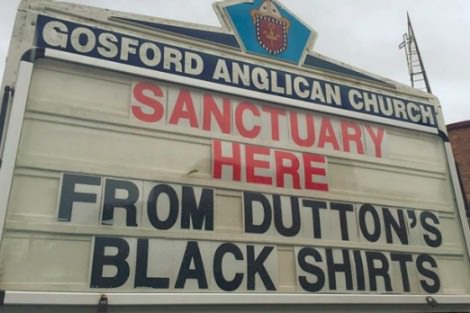
INTERNATIONAL
- Justin Glyn
- 08 February 2016
16 Comments
Churches across Australia have made headlines by offering sanctuary to those who stand to be returned to Nauru following the High Court ruling, including 37 babies and a raped five-year-old whose attacker still resides there. In doing so, they have been rediscovering an old concept and reminding the government what refugee law was for in the first place. As in the Dark Ages, where the organs of the state are unable or unwilling to protect the vulnerable, it is the churches who are speaking out.
READ MORE 
-
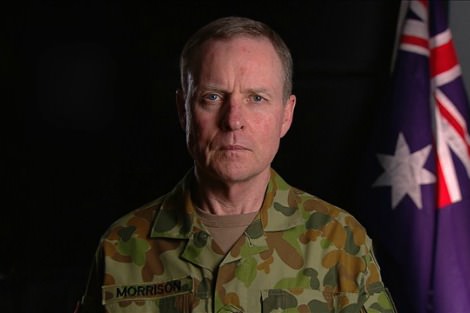
AUSTRALIA
- Justin Glyn
- 01 February 2016
9 Comments
Australia woke on 26 January to the news that David Morrison had been named Australian of the Year. One of the most striking features he displays is empathy. It is a quality in vanishingly short supply in public discourse, yet is fundamental. Unless we can put the individual on a broader canvass, our world view is incomplete. I am important, but unless you are recognised as being just as important as I, then you are just a plaything for me. My rights are bounded by your rights, your value as a person.
READ MORE 
-
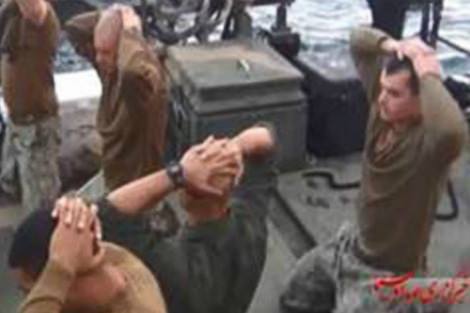
INTERNATIONAL
- Justin Glyn
- 18 January 2016
2 Comments
The US, while backing Saudi Arabia, seems to be increasingly exasperated with how far it has to stick its neck out for its ally. Relationships with Iran, by contrast, have improved recently. The difficulty is that sections within both Iran and Saudi Arabia's governments seem to see a certain short-term interest in tearing the region apart. Australia, which has full diplomatic ties with Iran, a strong trade partnership with Saudi Arabia, and the ear of the US, can play an important diplomatic role.
READ MORE 